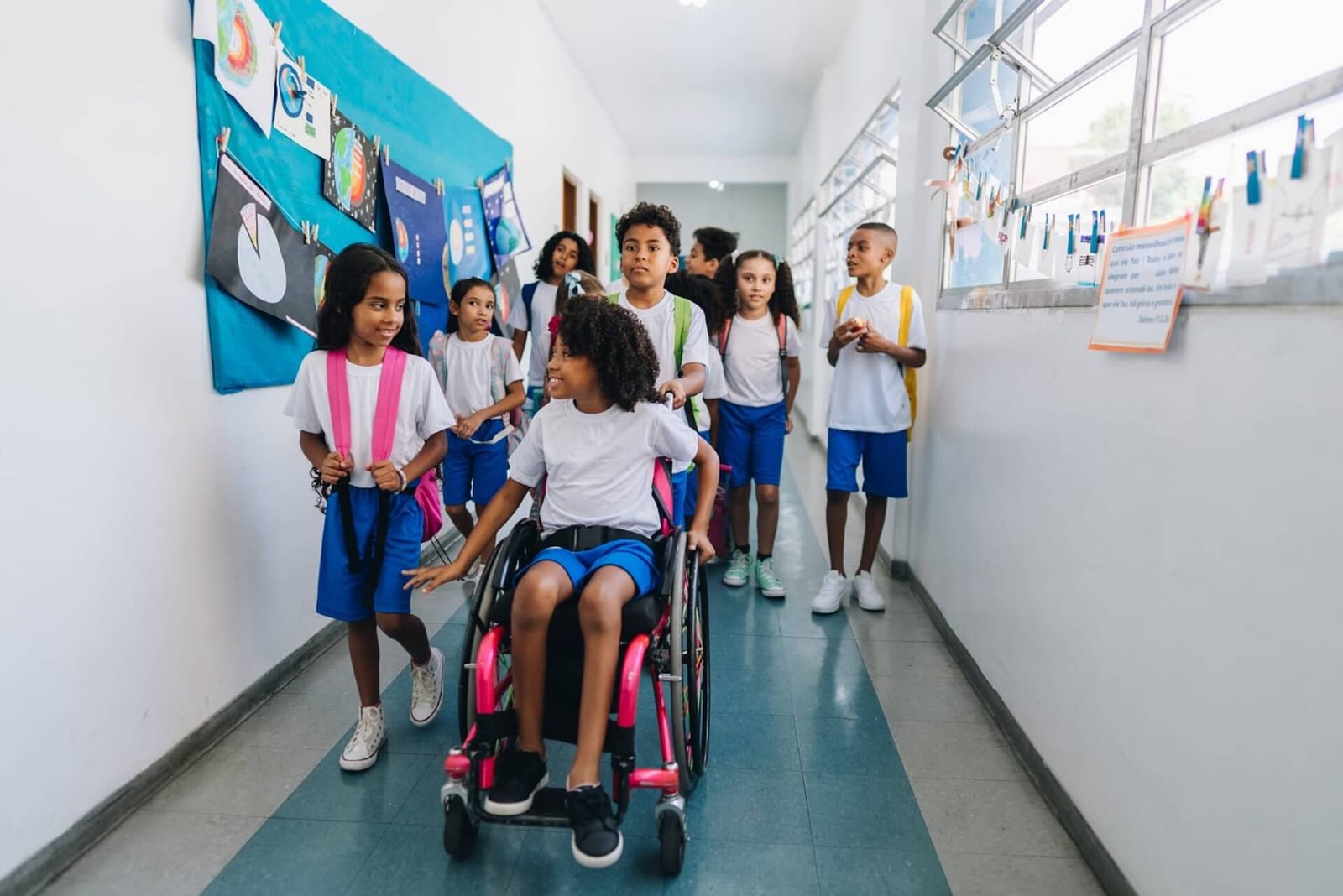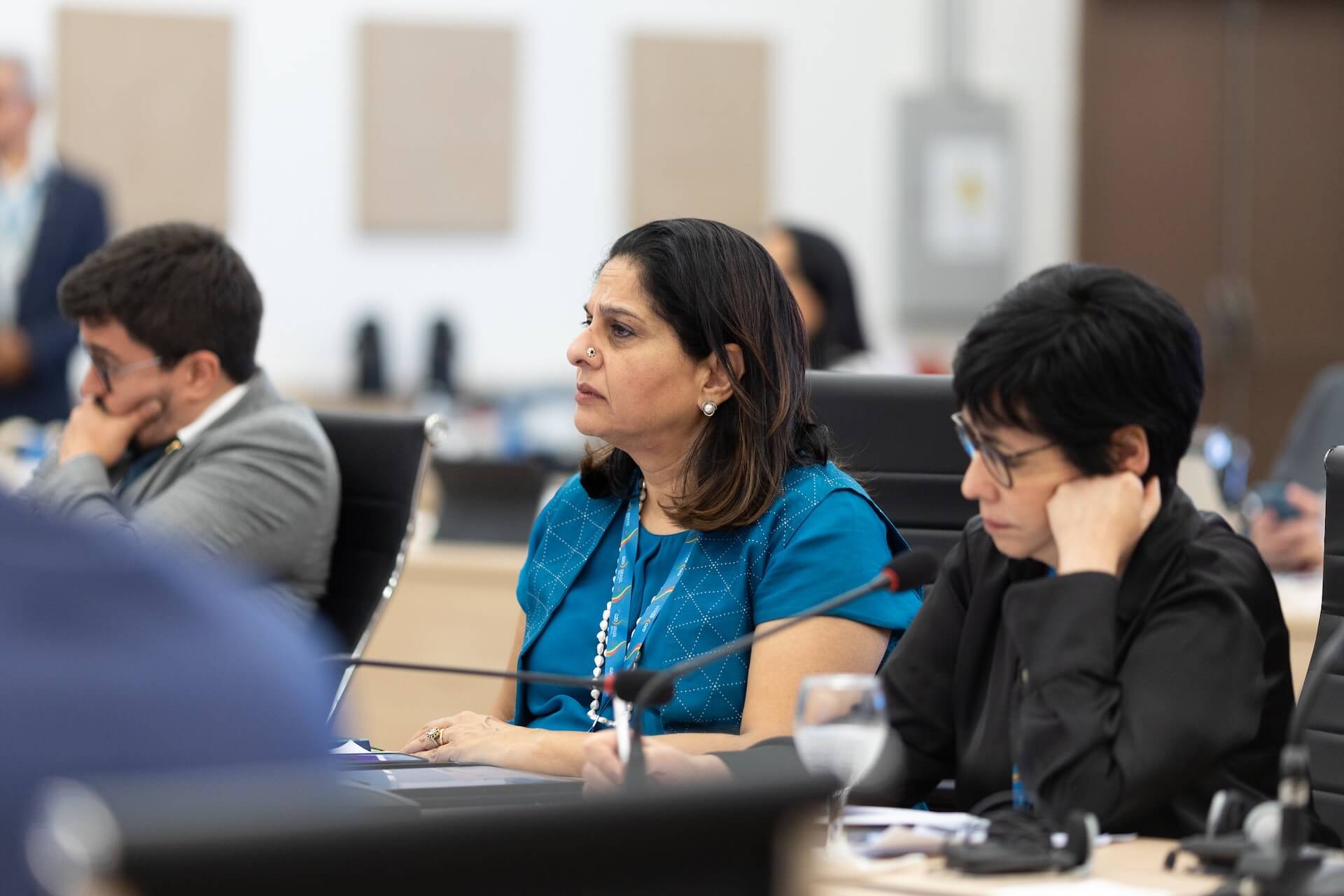Quality Education: G20 discusses actions for school-community engagement
A model for integrating children's and adolescents' classroom and home environments was presented at a G20 Education WG meeting in Fortaleza/CE. Brasil already has public policies that have the potential to guarantee the quality of education and reduce school dropouts, especially for girls.

Seven out of ten children in the world at the age of ten cannot read a basic sentence. Thus, practices of school-community involvement can help reverse this scenario, said Pia Rebello Brito, Global Director of Education and Adolescent Development of UNICEF (United Nations Children's Fund). The agency presented a document to G20 technicians with good practices that can be adopted by the group and with the potential to improve teaching and learning conditions, on Tuesday, October 29th, in Fortaleza, capital of Ceará.
“As a world community, we are failing our children. We urgently need solutions to address this learning crisis. And when we look at the range of solutions offered, it's how you bring together closer partnerships between schools and communities. Our solutions need to be based on the daily lives of children, that are learning everywhere beyond the walls of classrooms,” explained Pia Britto.

The expert also pointed out that, at the G20, the Education working group has been dedicated to the topic since at least 2018 under the presidency of Argentina. She stressed that stimulating the relationship between school environments and where children and adolescents live allows for better learning conditions. “When there is a closer and safer environment for the child to live, they are more likely to learn. Especially for girls, when they are in a safe environment, they are less likely to drop out of school,” she said.
Reducing school dropouts
According to the UNICEF Global Report, 250 million children aged 6 to 16 are out of school in 2023. Both the Covid-19 pandemic and the intensification of conflicts around the world contributed to the scenario. The United Nations agency analyzes that the world is off track to achieve Sustainable Development Goal (SDG) 4, which concerns Quality Education. To achieve the goals, 1.4 million children need to be enrolled in early childhood education each year, which is equivalent to one child every two seconds by 2030.
“We can't afford to lose any more children. It is very important that children do not feel marginalized or left out. And the connection between schools and communities make all spaces more inclusive. Children with disabilities, marginalized, LGBTQIA children, all those that are facing some kind of exclusion, they come together. Schools that provide water, drinking water, and sanitation, all these elements make a difference,” said Pia Britto.
Collaboration to improve teaching and learning
The school-community engagement proposal is based on ensuring that the families of the students, teachers, and professionals that work in the schools are articulated to ensure a safe and learning environment. Pia indicated that the main characteristics of the method are promoting collaborative partnerships; parental involvement; maintenance of cultural bonds; sharing of resources/facilities, and promotion of intersectoral public policies.
The challenges, on the other hand, are related to resource constraints; coordination and communication, and cultural sensitivity. “As the G20, we are proposing this discussions as one of the solutions that we can make together to help children to learn, to stay in school,” said Pia Britto.
Brasil's experience
In August, the Ministry of Education of Brasil, host of the technical meeting of the G20 Education Working Group, which takes place this week in Fortaleza, capital of Ceará, launched the Community School Program (PROEC). This program offers funding for the execution of training projects to strengthen links between educators, students, families, and society. More than 26 thousand schools across the country could benefit from public policies.
“This program is very relevant to all basic education policies, especially for full-time schools, as it seeks to promote and strengthen community involvement in school processes. In order to reflect about education, and about the construction of curricula and pedagogical practices, it is essential that the school considers the dimensions that interfere with the learning process of the educational subjects”, says the Secretary of Basic Education, Kátia Schweickardt, at the launch of the Program.
Translated by PGET-UFSC